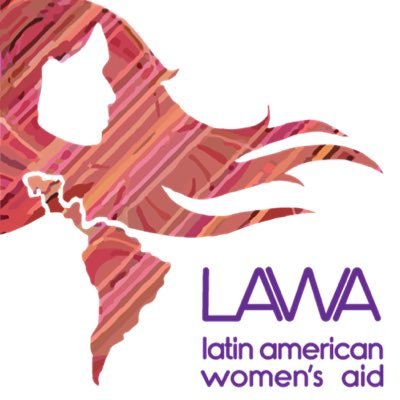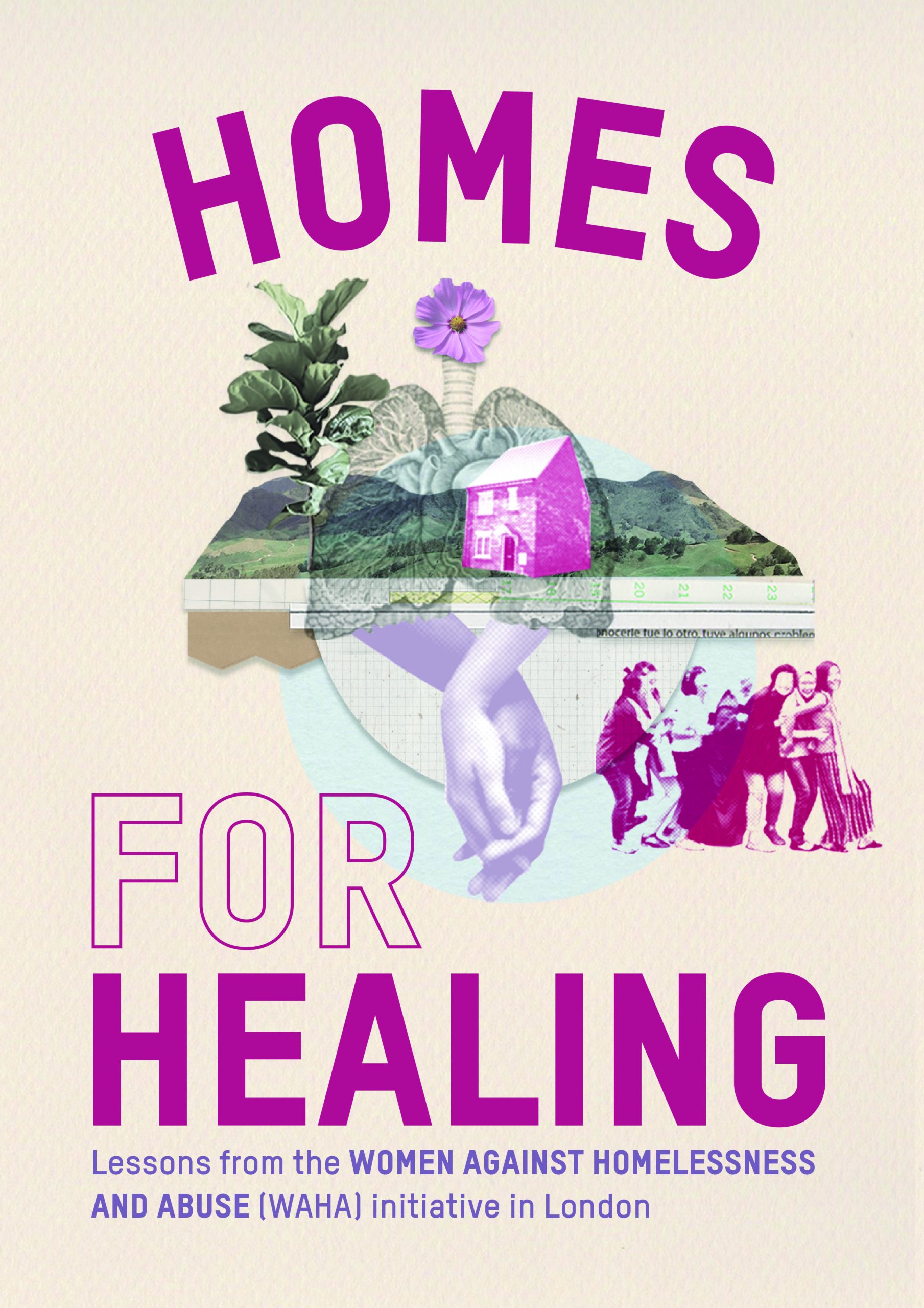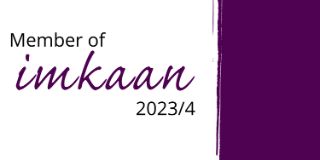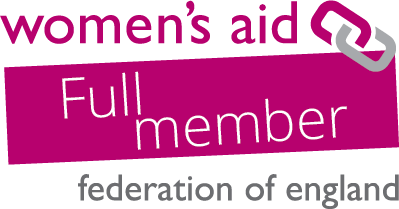By Fernanda Martins
The decision to report domestic violence and seek help can take months, years or decades to be made. It takes not only courage for a woman to leave an abusive relationship, but also material conditions and support to do so. For black, minority and migrant women, fleeing their perpetrators is a challenge in many ways. Some of them do not have access to a telephone to report the controlling behaviour they suffer, others do not feel confident communicating with authorities in a second language, others are prevented from working, remaining financially dependent, and some of them are threatened with their immigration status. These are all true examples that emerged from our in-depth interviews for the Women Against Homelessness and Abuse (WAHA) initiative. Over the years, LAWA has offered holistic support by understanding the complexity of obstacles these women face on their journey to escape domestic violence.
For black and minority women, speaking out unfortunately does not mean the end of their struggles. Women frequently report being disbelieved, discriminated against, and further criminalized while dealing with the police. When reporting their traumatic experiences, it is imperative that the police play a supportive role for survivors, in a non-discriminatory way and without causing further emotional harm. The cases of Lúcia and Carla demonstrate in more detail the interaction of two Latin American women with authorities.
Lucia is a 36-year-old Uruguayan who arrived in the UK in 2018 with her long-term partner. For years, she suffered various forms of abuse, including sexual, psychological, online abuse and stalking. She travelled to her home country to escape this abusive relationship, but the perpetrator claimed she kidnapped their son. Lúcia had to return to the UK and contacted LAWA to take the first steps towards finding safe accommodation and protecting her son. Her case was classified as high risk and LAWA supported Lucia in obtaining a non-molestation order. Women like Lúcia often report this experience with authorities as traumatic. During this process, she revealed the need to repeat her story several times, being discredited and judged for seeking government help, and questioned for not returning to her country of origin.
“I had to tell my story many times, what I went through, it was not a pleasant experience, it was traumatizing and humiliating. Now I can talk about things, but at that moment it was extremely difficult. They need to take the situation more seriously; this (domestic violence) must be seen with “different eyes”.
Carla is a 29-year-old Colombian, lesbian, and mother of a 4-year-old girl. She arrived in the UK on a visa as the wife of a British partner. During the relationship, she suffered verbal and physical abuse, use of her immigrant status to exert control, sexual violence, imposed isolation, emotional and psychological abuse. For years, Carla lived in fear of constant threats and intimidation and, therefore, decided to initiate a divorce. She contacted LAWA seeking help with the divorce and child custody process, as well as to apply for housing and benefits. Her case was also classified as high risk and she received support to make a Domestic Violence Destitution (DDV) application. Regarding the times she needed to rely on police assistance, she says:
“They (the police) respond in a cold and revictimizing way, questioning the veracity of my story.”
Although a Metropolitan Police officer has been designated as a point of contact, she says communication with this officer has been inconsistent and periodic. Carla reveals that she perceives being treated differently, which may be linked to her physical characteristics, her nationality, and her way of dressing. The lack of sensitivity and specialist training on the part of police and legal services in dealing with VAWG victims means that migrant women like Lúcia and Carla face a discriminatory approach before being supported.
Despite the long and traumatic process, they continued in their path to recovery. Carla moved to one of LAWA’s refuge for 8 months. Both women, were supported with a homelessness application to their local council and currently are living in Temporary Accommodations. They were assisted to access a visa status independent from the perpetrators, and access benefits. Laura returned to work as a teacher assistant, while Carla is starting university and aspires to become a professional singer.
Lúcia and Carla are real women who deserve to be treated with respect and equality by authorities. Reflecting on this issue, we recommend that police receive comprehensive and mandatory training on how to appropriately respond to cases of black and minority women subjected to violence. In our Policy and Practice Briefing we compiled extended reflections and recommendations, being one of them the introduction to Valerie’s Law. This proposal aimed at the UK police force defines mandatory cultural competency training around the cultural nuances and barriers, colloquialisms, languages, and customs that make up the diverse black and minority communities in the country.
Other important actions to improve services to our community are identifying and providing accessible information to Black and minoritized survivors who are homeless or threatened with homelessness. Making referrals to specialized services and refuges, as well as providing qualified translators who are objective and impartial in their work, are some examples of how the police can prevent the revictimization of survivors.
Resource:






